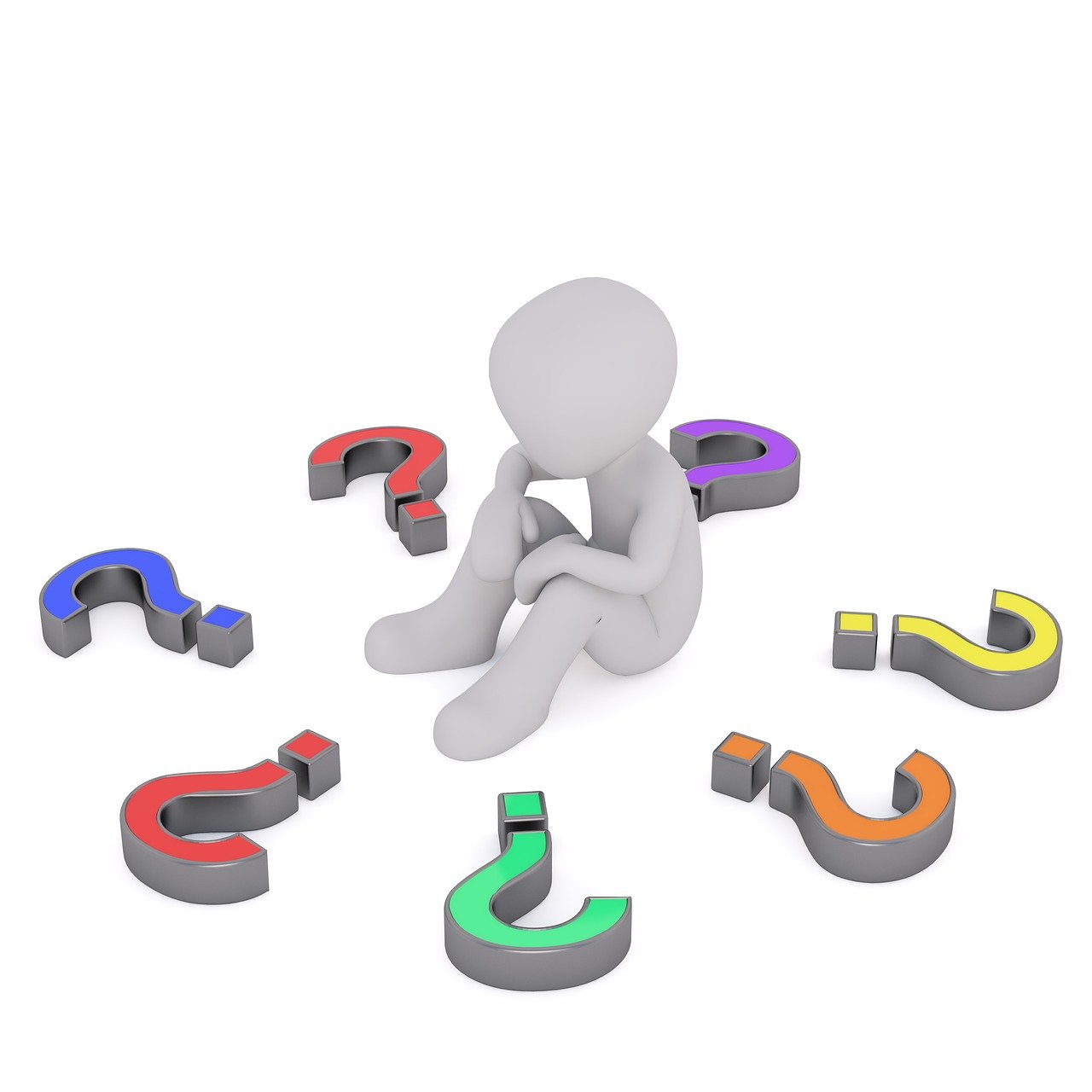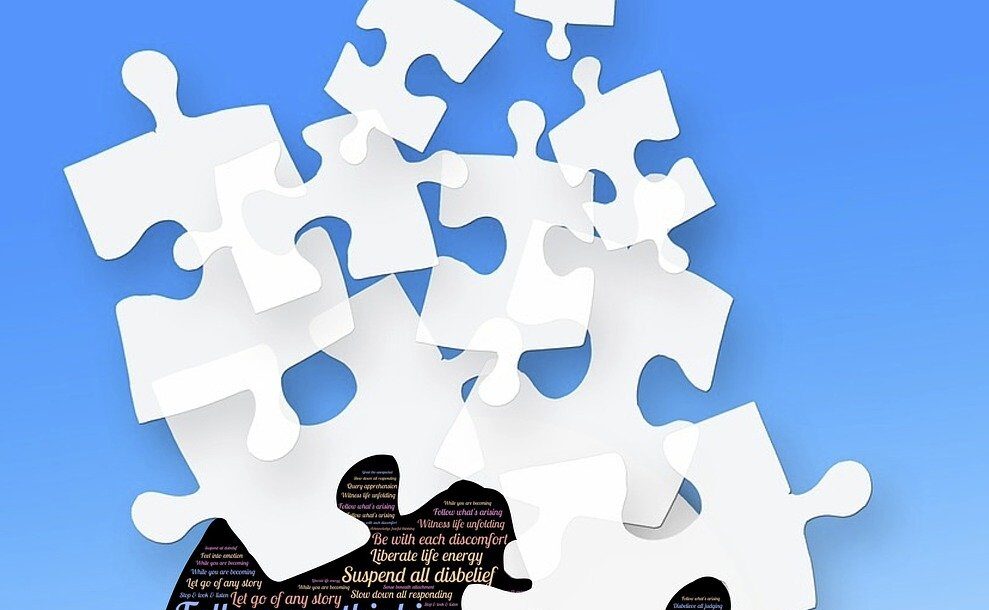In our everyday interactions, we often navigate complex social dynamics without realizing the impact our words and actions can have on others. Sometimes, even well-intentioned remarks can cause harm, especially when they perpetuate stereotypes or reinforce negative assumptions. These subtle yet harmful actions are known as microaggressions—brief, everyday exchanges that send demeaning messages to individuals because of their membership in a marginalized group.
While microaggressions may seem insignificant to some, they can deeply affect those on the receiving end. Recognizing and understanding these small actions is the first step toward creating a more inclusive and respectful environment for everyone.
Breaking Down the Term
The term “microaggression” was first coined by psychiatrist Dr. Chester Pierce in the 1970s to describe the subtle, often unintentional discrimination that African Americans experienced daily. Today, the term has expanded to include any minor yet offensive comment or action directed at people based on their race, gender, sexual orientation, disability, or other aspects of their identity.
Microaggressions often occur without malicious intent, which is why they can be so pervasive. Someone might think they’re paying a compliment when they say, “You’re so articulate!” to a person of color, but this comment implies that it’s unusual for someone of that race to be well-spoken. Such remarks, though seemingly harmless, reinforce stereotypes and make the recipient feel othered.
Types of Microaggressions
Microaggressions generally fall into three categories:
- Microassaults: These are overt and intentional discriminatory actions or remarks, like telling an offensive joke or using a racial slur. While they may be direct, microassaults are still often downplayed as “jokes” or “just teasing.”
- Microinsults: These are subtle snubs or demeaning comments that may not be immediately recognized as offensive. For example, asking someone where they’re “really from” implies that they don’t belong here because of their ethnicity.
- Microinvalidations: These occur when someone’s lived experiences are dismissed or invalidated. For instance, telling someone, “I don’t see colour” in an attempt to show equality can actually dismiss the real experiences of racism that people of color face.
Everyday Examples of Microaggressions
To understand how microaggressions play out in real life, here are some common examples:
- Racial Microaggressions: Comments like “You don’t act Black” or “You speak such good English” to someone whose native language is English.
- Gender Microaggressions: Saying “You’re good at this for a girl” reinforces outdated gender roles and stereotypes.
- Sexual Orientation Microaggressions: Asking a same-sex couple, “Who’s the man in the relationship?” assumes heteronormative roles must apply to all relationships.
- Disability Microaggressions: Commenting “You’re so brave!” to someone with a disability for doing something that non-disabled people are expected to do, such as going to work.
These examples illustrate how everyday language and actions can perpetuate harmful stereotypes, even if they are not overtly hostile.
Conclusion: The Power of Awareness
The first step in addressing microaggressions is awareness. By recognizing the impact of our words and actions, we can begin to create more inclusive spaces where everyone feels respected and valued. The next time you find yourself making an assumption based on someone’s appearance or identity, pause and reflect—are your words lifting someone up, or unintentionally reinforcing a stereotype?
We all have a role to play in reducing microaggressions and fostering a more compassionate and inclusive society. Together, we can make small changes that lead to big improvements in the way we interact with one another.
Microaggressions can leave you feeling drained, confused, or hurt, but Growth Healing Therapy helps you process these emotions in a healthy way. My sessions focus on empowering you to navigate subtle discrimination, strengthening your resilience so that you can move forward with confidence. To learn more about how I can help, visit my Services Page or book a session today!




Leave a Reply